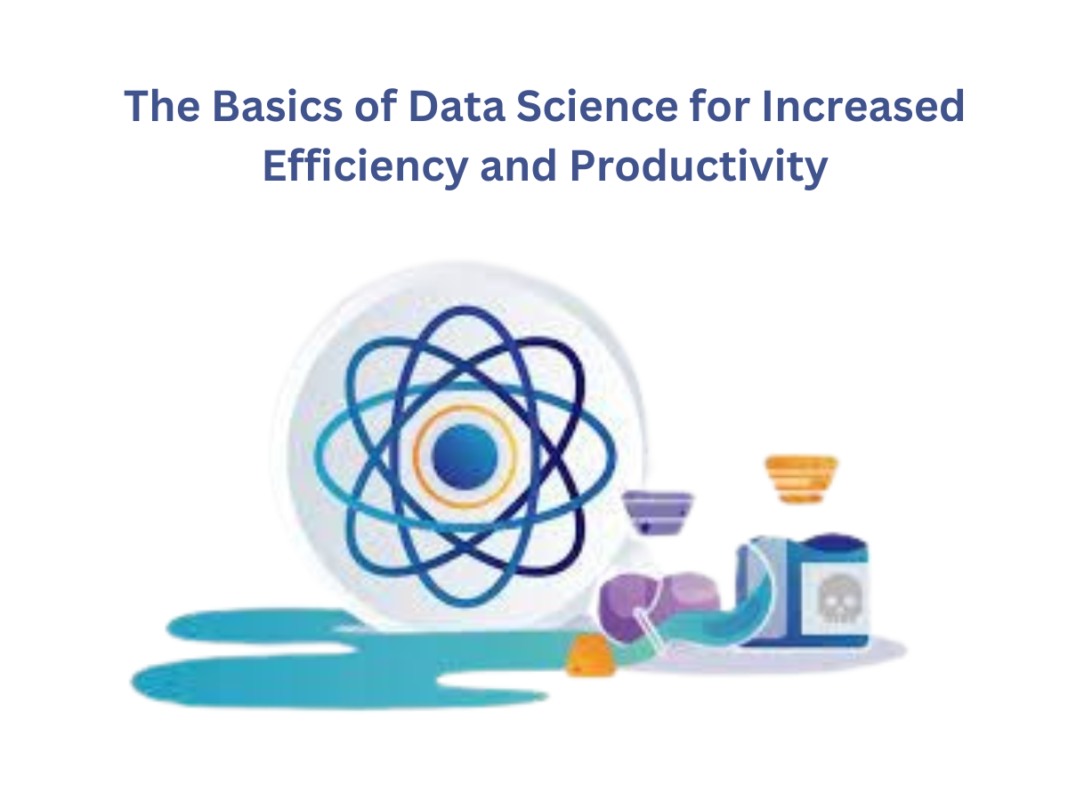Data science has become an integral part of many businesses’ operations, and its impact on cloud computing is undeniable. It’s important to note that there are still some challenges when implementing Data Science into cloud-based solutions due to privacy concerns or difficulty accessing certain types of data from third-party sources. Additionally, Big Data technologies, such as Hadoop, are evolving rapidly, which often leads to developers facing difficulties keeping up with these changes when developing applications using them within a cloud environment.
What is Data Science?
Data Science is a field of study that deals with the extraction, analysis, interpretation, and presentation of data from various sources. It is used to revolutionize the way we use technology in our everyday lives. Data Science also has a major impact on cloud computing because it can analyze and optimize workloads in real time using machine learning. Kelly Technologies offers comprehensive Data Science Training in Hyderabad is to help you become a successful data scientist.
The benefits of using Data Science in Cloud Computing are numerous. By analyzing large amounts of data stored in cloud platforms such as Amazon Web Services (AWS) or Microsoft Azure, organizations can gain valuable insights into customer behaviors and trends that can be used for better decision-making. Data Science tools, such as predictive analytics, can also help organizations optimize resource utilization and reduce costs by predicting future workloads based on past performance. Furthermore, Data Science techniques can be applied to create more efficient software architectures that are optimized for clouds, while providing greater security and scalability for deployed solutions.
Overall, however, there are many potential applications of Cloud-Based Data Science that could benefit both businesses and individuals across different industries, including healthcare, finance, retail, insurance, manufacturing, media, and entertainment. By leveraging the power of Machine Learning and Artificial Intelligence through tools like AWS Sage Maker and Google’s Tensor Flow, we can make better decisions faster than ever before!
Understanding the Basics of Data Science for Increased Efficiency and Productivity
Data science is a powerful tool for businesses to increase efficiency and productivity. It is the process of gathering, storing, managing, analyzing, and interpreting data to gain insights into customer trends and behaviors.
One way data science can increase efficiency and productivity is through leveraging data visualization tools. Data visualization enables us to gain insights into customer preferences by visually showing how different elements interact. By using visualizations such as charts, graphs, or tables, businesses can quickly identify patterns or correlations between data points that would otherwise be difficult or time-consuming to detect manually.
Another way data science can help increase efficiency and productivity is through automated decision making with machine learning algorithms. Machine learning algorithms learn from past decisions and outcomes to make more accurate predictions about future outcomes. This allows businesses to make more informed decisions faster than relying solely on manual processes.
Data science can also be used in prediction models that better assess future outcomes based on past events or variables such as customer behavior or market trends. These models help create strategies tailored specifically to business needs, making it easier to identify areas for improvement in a timely manner.
Finally, exploring different statistical methods enables us to further understand our customers by uncovering trends or correlations in their behavior over time. This allows businesses to create products that are more targeted towards meeting customer needs and wants. Data science provides numerous opportunities for increased efficiency and productivity, ultimately leading to increased profitability.
Using Machine Learning for Improved Cloud Performance
Cloud computing has become an essential part of modern business operations, enabling businesses to access and store data quickly and securely. However, organizations must optimize their cloud performance to fully utilize the benefits of the cloud. That’s where data science comes in. Data science provides valuable insights to improve the performance of cloud-based solutions.
Machine learning is another key component in improving cloud performance. It helps optimize cloud workloads, improving resource utilization and reducing costs. Data science also enhances user experience by analyzing user data and usage patterns to create personalized experiences tailored to each customer’s needs. This allows companies to better engage with their users and offer a superior product or service compared to competitors. Lastly, data science provides insights into infrastructure security, enabling companies to effectively protect their data from malicious actors or threats.
Overall, data science offers numerous benefits in optimizing cloud usage, including improved scalability, cost reduction, enhanced security, and superior user experiences. By combining cloud computing with data science, organizations can achieve greater success and performance.
To Conclude
Data Science and Cloud Computing are two of the most powerful technologies available in today’s world. They have the potential to revolutionize the way organizations operate by providing better insights into customer behaviors and trends, optimizing resource utilization, improving security protocols, and enabling efficient data storage and retrieval on cloud infrastructures. Although there are some challenges associated with their implementation, these can be addressed once organizations understand the potential of this combined technology stack. By leveraging Data Science’s capabilities alongside those offered by modern-day Cloud Computing infrastructures, businesses will be able to take advantage of new opportunities presented by big data analytics.


